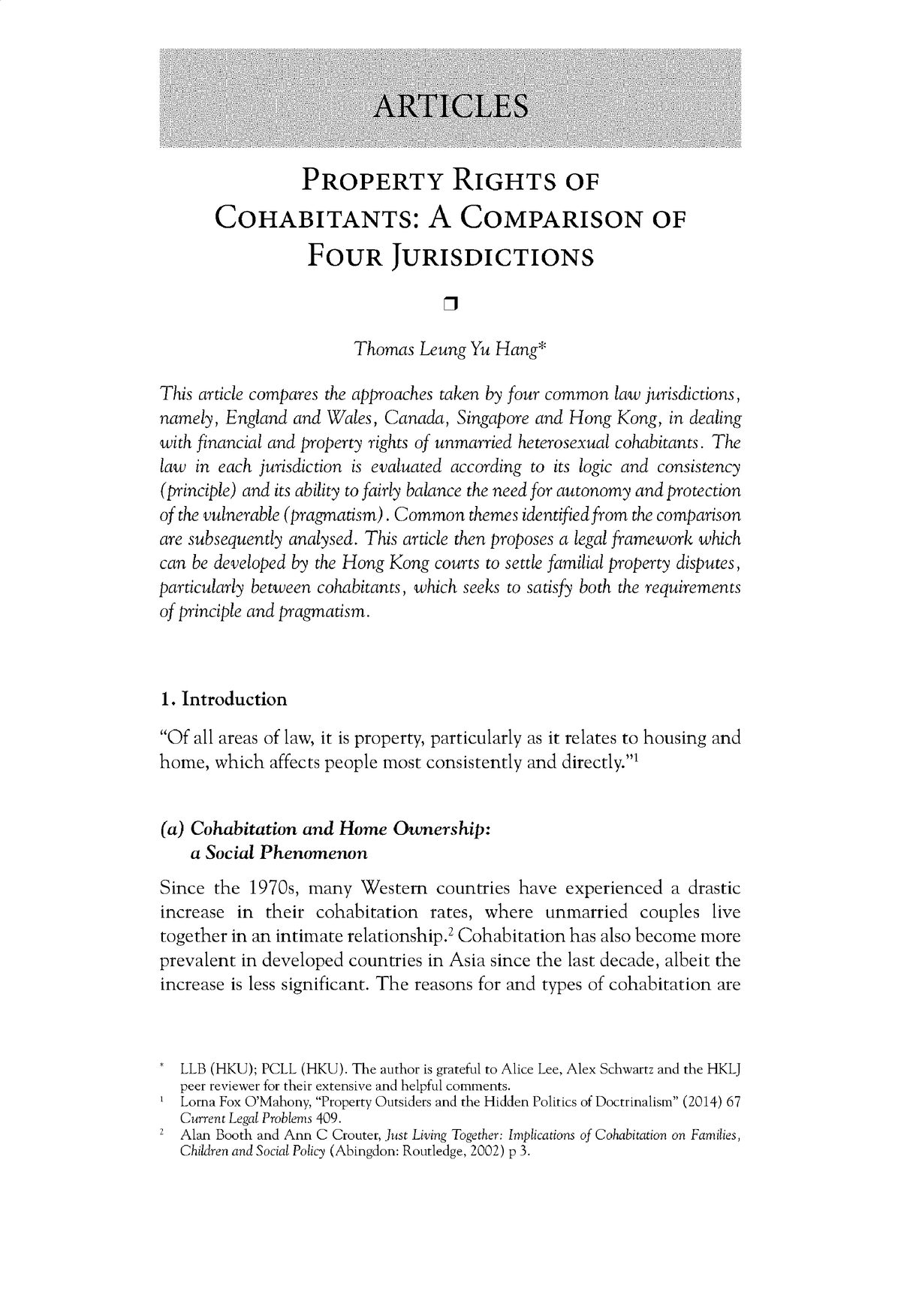Rhode Island Cohabitation and Property Rights Explained
In contemporary society, cohabitation is becoming more common, especially among unmarried couples living together. In the state of Rhode Island, cohabitation entails partners in a romantic relationship residing together. Understanding how cohabitation works is crucial regarding legal rights and property ownership. Therefore, as this lifestyle becomes preferred by many couples, knowing the law can help safeguard both partners’ interests and ease their minds on what would happen if the union comes to an end.
Legal Definition of Cohabitation

Cohabitation definition thus tends to differ across the jurisdictions; nevertheless, it is majorly defined as existence of a longstanding relationship akin to marriage between two individuals living under one roof. In the state of Rhode Island, people living together without marrying or entering into any other legally recognized unions are said to be cohabiting. However, some factors can be taken into consideration when wanting to prove cohabitation legally:
- Living Arrangements: The couple shares a residence.
- Duration: The relationship is typically ongoing, often lasting several months or years.
- Emotional and Financial Support: Both partners provide mutual support, emotionally and financially.
Whether it is about ownership or obligations, legal issues that arise from communal living can be vital.
Property Rights for Cohabitants

In the context of Rhode Island, property ownership can be complicated for cohabiting couples as it varies distinctly from that of married partners. It is important to know the following:
- Ownership of Property: Property acquired during cohabitation may be considered jointly owned if both partners contributed to its purchase or maintenance.
- Tenancy Rights: If one partner’s name is on the lease or deed, that partner typically holds the primary rights. However, the other partner may still have a claim to equitable interests based on contributions made.
- Shared Expenses: If both partners contribute to mortgage payments, utilities, or upkeep, this may establish a claim to the property.
This will help to avoid disputes in case of a breakup. For it specifies each spouse’s rights and duties. Therefore, it is advisable for cohabitants to talk about their property rights and think of making a cohabitation agreement instead.
Establishing Ownership of Shared Property

In Rhode Island, knowledgeable individuals believe that defining ownership of a shared property can be a serious dilemma for cohabiting partners. Cohabiting partners may have difficulty demonstrating ownership rights in respect to joint property as compared to married couples. Therefore, there are several things one must think about:
- Contributions: If both partners contributed financially to the property, this may help establish shared ownership. Keeping records of payments can be beneficial.
- Title and Deed: The name on the title or deed holds substantial weight. If both names are on the deed, it’s clear that both partners have ownership rights.
- Intent: Courts may look at the intent of the parties. If both partners intended to share ownership, this can be a deciding factor.
Moreover, those who have shared bank accounts or common expenditures may as well support assertions about co-ownership. In the case of quarrels, it might become essential to show how each partner contributed.
Legal Remedies for Property Disputes
Whenever property disputes arise among cohabitants, there are legal means by which to resolve such issues. But sometimes complexities arise due to the relationship nature; however, knowing one’s options helps. Some of the common remedies include:
- Mediation: A neutral third party can help facilitate a conversation between both partners to reach an amicable solution.
- Legal Action: If mediation fails, you may pursue legal action in court. This could involve filing a lawsuit to establish ownership or seek compensation for contributions made.
- Partition Action: If co-owners cannot agree on how to divide property, a partition action can force the sale of the property and divide the proceeds.
Should it be necessary to take it to legal proceedings, it is important to document all deals and efforts made so as to substantiate your argument. These convoluted scenarios necessitate an awareness of one’s legal entitlements.
Impact of Cohabitation Agreements
Couples that live together in Rhode Island can greatly benefit from cohabitation agreements which are valuable instruments. These legal papers specify the entitlements and duties each partner has concerning property, money and additional facets of the relationship. A cohabitation agreement can have an impact through:
- Clarifies Ownership: By specifying who owns what, these agreements can prevent misunderstandings and disputes.
- Financial Responsibilities: The agreement can detail how expenses will be shared, such as rent, utilities, and mortgage payments.
- Legal Protection: Should the relationship end, having a cohabitation agreement can simplify the division of assets and minimize legal battles.
To ensure that your cohabitation agreement is meeting legal standards and addressing the needs of both partners, it is sensible to involve a legal counsel in its drafting process. Effective cohabitation requires open communication about what people expect from each other and their respective duties.
Frequently Asked Questions about Cohabitation and Property Rights
When it comes to cohabitation and property rights in Rhode Island, many couples have questions. Here are some of the most frequently asked questions, along with clear answers to help navigate this complex area:
What rights do cohabitants have regarding property ownership?
It is possible for cohabitants to create ownership claims according to what they have contributed towards the property and their aim of possessing it. Nevertheless, these rights may not be as clearly defined compared to those of spouses.
Is a cohabitation agreement necessary?
A cohabitation agreement is not mandated by law but it has a lot of benefits. It is important since it defines the rights and obligations of both partners which makes the resolution of possible disagreements easier.
How is property divided if a relationship ends?
Property splits can be tricky sometimes. If both partners have put their money together to buy or maintain the property, they are likely to have equitable claims. However, in some situations, court intervention is required to decide on an equitable division.
Can a cohabitant claim spousal support?
But somehow some courts could take into account financial contributions made during the relationship. In contrast to married couples, cohabitants do not usually have a right to spousal support.
What should I include in a cohabitation agreement?
The subsequent areas should be included in your cohabitation agreement:
- Property ownership: Clearly outline who owns what.
- Financial responsibilities: Detail how expenses will be shared.
- Dispute resolution: Include methods for resolving conflicts.
Conclusion on Cohabitation and Property Rights in Rhode Island
Cohabiting in Rhode Island has its own difficulties, particularly concerning ownership of real estate. Couples should be aware of the laws that govern in order to safeguard their benefits. Property ownership is an issue that can be effectively handled by all cohabitors through cohabitation agreements or understanding their rights.


